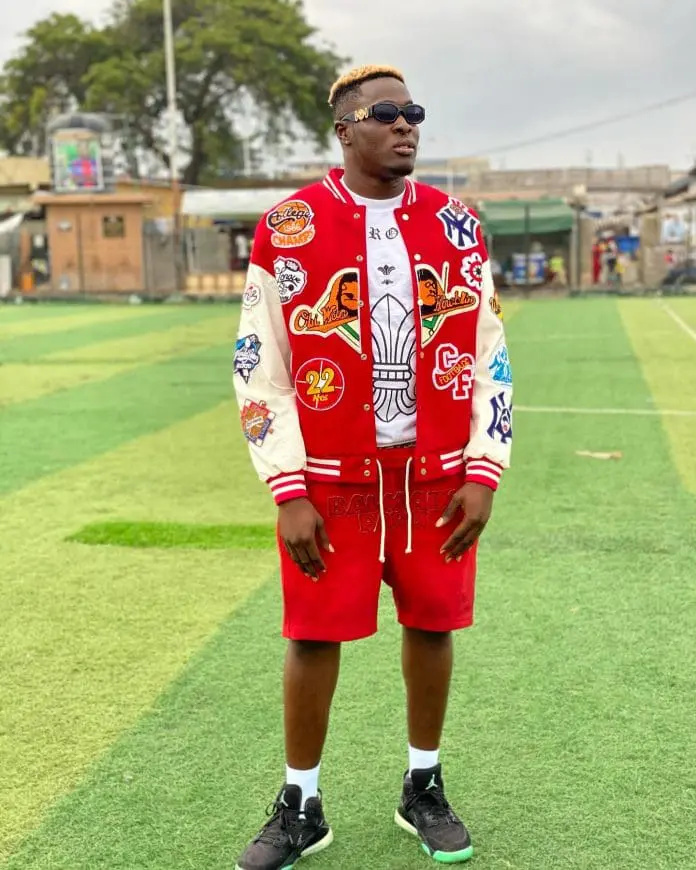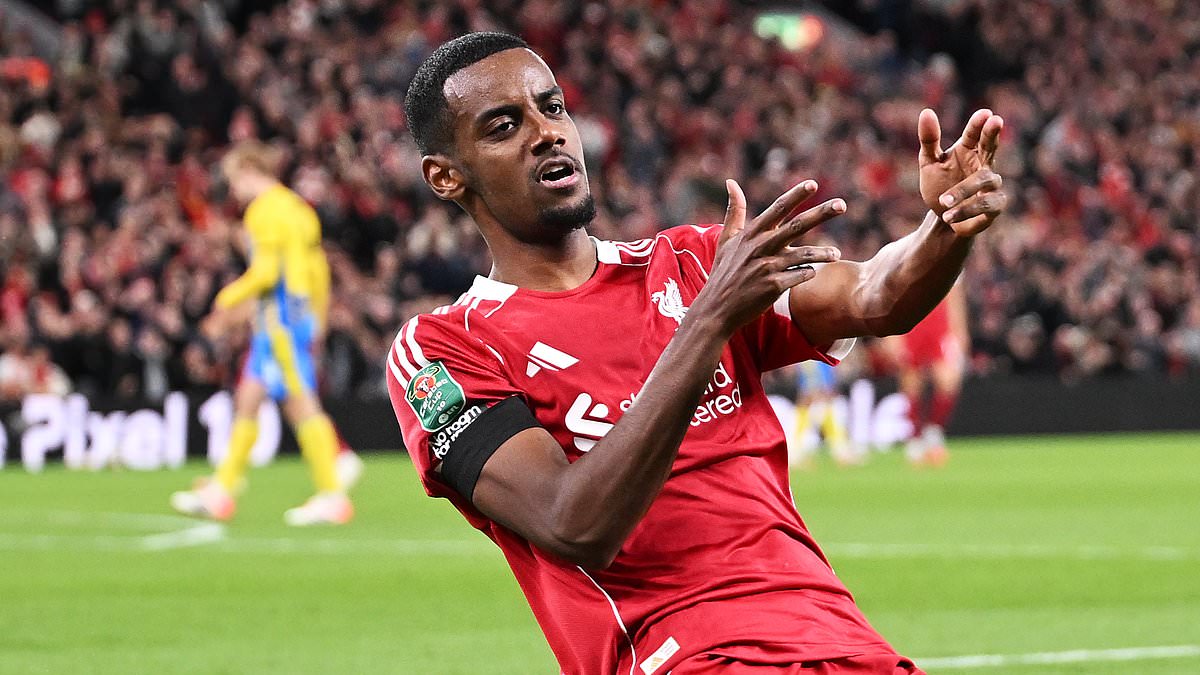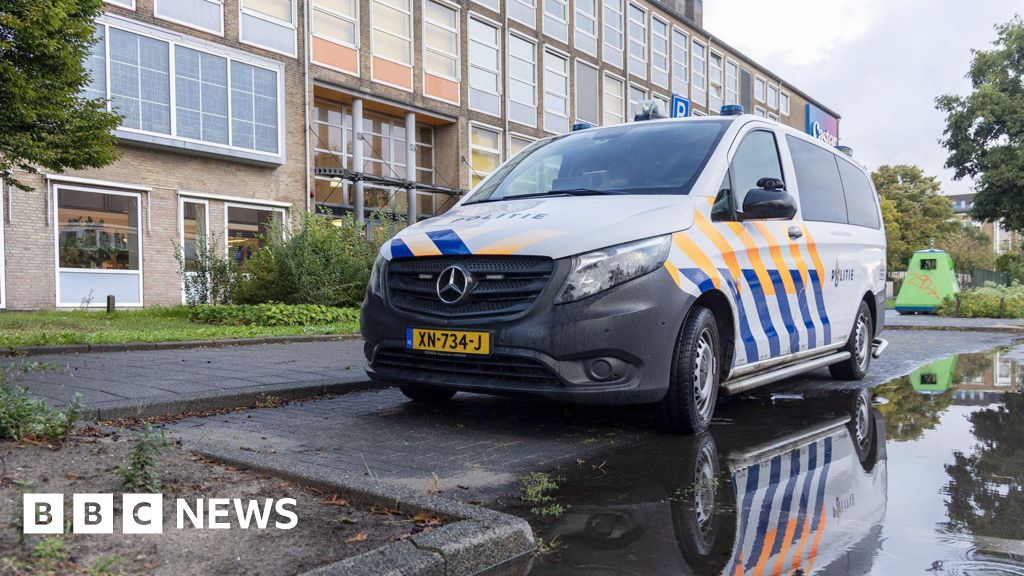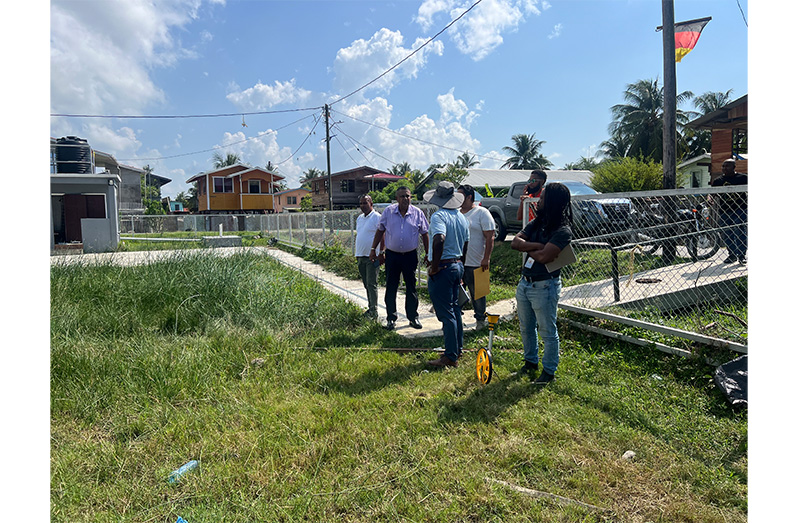By Ghana News
Copyright ghanamma

Abu Kamoko, son of celebrated boxer Bukom Banku and known in the ring as “Ambitious Tilapia,” has revealed the devastating impact of Ernest “Bahubali” Akushey’s death on Ghana’s boxing community, calling for urgent reforms while highlighting the economic crisis facing fighters.
Kamoko expressed the collective shock reverberating through both professional and amateur boxing circles following Akushey’s death on September 23, 2025, at Korle-Bu Teaching Hospital, just eleven days after his bout at Bukom Boxing Arena.
“All the boxers, both professionals and amateurs are all shocked about the sadden demise of popular boxer Ernest Akushey aka Bahubali,” Kamoko stated, describing the widespread grief within the tight-knit boxing fraternity.
The young boxer painted a personal portrait of Akushey as “a great pal who loves jokes and having fun,” emphasizing the human dimension of the tragedy that has prompted the National Sports Authority (NSA) to suspend all boxing activities indefinitely.
In an unprecedented gesture of respect, Kamoko called for all boxing gyms to remain closed on Friday as a mark of mourning for their fallen colleague. This spontaneous tribute reflects the deep bonds that connect Ghana’s boxing community despite competitive rivalries.
The suspension has created immediate hardship for fighters who depend on boxing for their livelihoods. Kamoko expressed particular frustration about the postponement of the anticipated “Ayitey Powers Bill” event, noting the financial and emotional toll on boxers who had already completed training preparations.
“It is not easy when boxers have trained and prepared for a fight then it is called off,” he explained, highlighting the investment in time, money, and physical conditioning that becomes wasted when events are canceled.
The economic implications run deeper than individual disappointment. “Boxing is our life and so suspending our business is like starving us,” Kamoko declared, speaking for the broader Ga Mashie community where boxing provides crucial income opportunities for families.
Kamoko, who secured an emphatic first-round knockout victory in the Bel 7 Boxing League earlier this year under his “Ambitious Tilapia” ring name, had been preparing for a future bout against Bahubali before the tragedy occurred. The planned matchup, organized by Legacy Rise Sports management, represented potential career advancement for both fighters.
Despite his frustration with the suspension’s economic impact, Kamoko demonstrated maturity by appealing to fellow boxers for patience. “I called on his fellow boxers to calm down as solutions are found to make boxing safer,” he said, recognizing that safety reforms must precede any return to competition.
His balanced approach reflects growing awareness within the boxing community that systemic changes are necessary. Akushey’s death just eleven days after his fight has sparked renewed concern about safety standards in Ghanaian boxing, coming only months after Nigerian boxer Gabriel Oluwasegun Olanrewaju’s similar fate at the same venue.
The NSA’s decision to suspend all boxing activities pending comprehensive investigation has created tension between immediate safety concerns and long-term economic survival for boxing-dependent communities. Kamoko’s comments capture this dilemma perfectly – acknowledging the necessity of reforms while highlighting their human cost.
The Ghana Boxing Authority has already vowed to enforce mandatory medical examinations for boxers following fights, responding to criticism about inadequate post-bout medical care that may have contributed to both recent fatalities.
Kamoko’s appeal to the NSA and Ghana Boxing Authority to “find fast ways to put the house in order” demonstrates boxing community recognition that only swift, comprehensive action can restore public confidence and allow the sport to resume safely.
The young fighter’s perspective carries particular weight given his lineage. As Bukom Banku’s son, he represents boxing’s next generation while inheriting responsibility for preserving the sport’s legacy in Ghana. His thoughtful response to the crisis suggests emerging leaders understand the stakes involved.
The “Ayitey Powers Bill” postponement referenced by Kamoko likely refers to an event featuring veteran boxer Ayitey Powers, whose historic rivalry with Bukom Banku generated some of Ghana’s most memorable boxing moments. Such postponements affect not only fighters but promoters, venue operators, and fans who support the local boxing economy.
Kamoko’s call for gym closures on Friday represents grassroots leadership in organizing collective mourning. This spontaneous coordination demonstrates the boxing community’s capacity for self-organization and mutual support during crisis periods.
The Legacy Rise Sports connection mentioned in relation to the planned Kamoko-Bahubali bout illustrates how professional management structures are developing in Ghana’s boxing scene. These relationships create additional complications when tragic events disrupt carefully planned career progression.
Kamoko’s message balances urgency with realism. His acknowledgment that solutions take time while emphasizing community hardship creates pressure for authorities to accelerate reform processes without compromising thoroughness.
The boxer’s comments also highlight intergenerational dynamics within Ghana’s boxing scene. As established fighters like his father Bukom Banku transition from active competition, younger fighters must navigate both inherited expectations and evolving safety standards.
For the broader Ga Mashie community, Kamoko’s statement that “boxing is our life” reflects deep cultural and economic connections to the sport that extend far beyond individual career ambitions. These community stakes add urgency to finding sustainable solutions that preserve both safety and opportunity.



